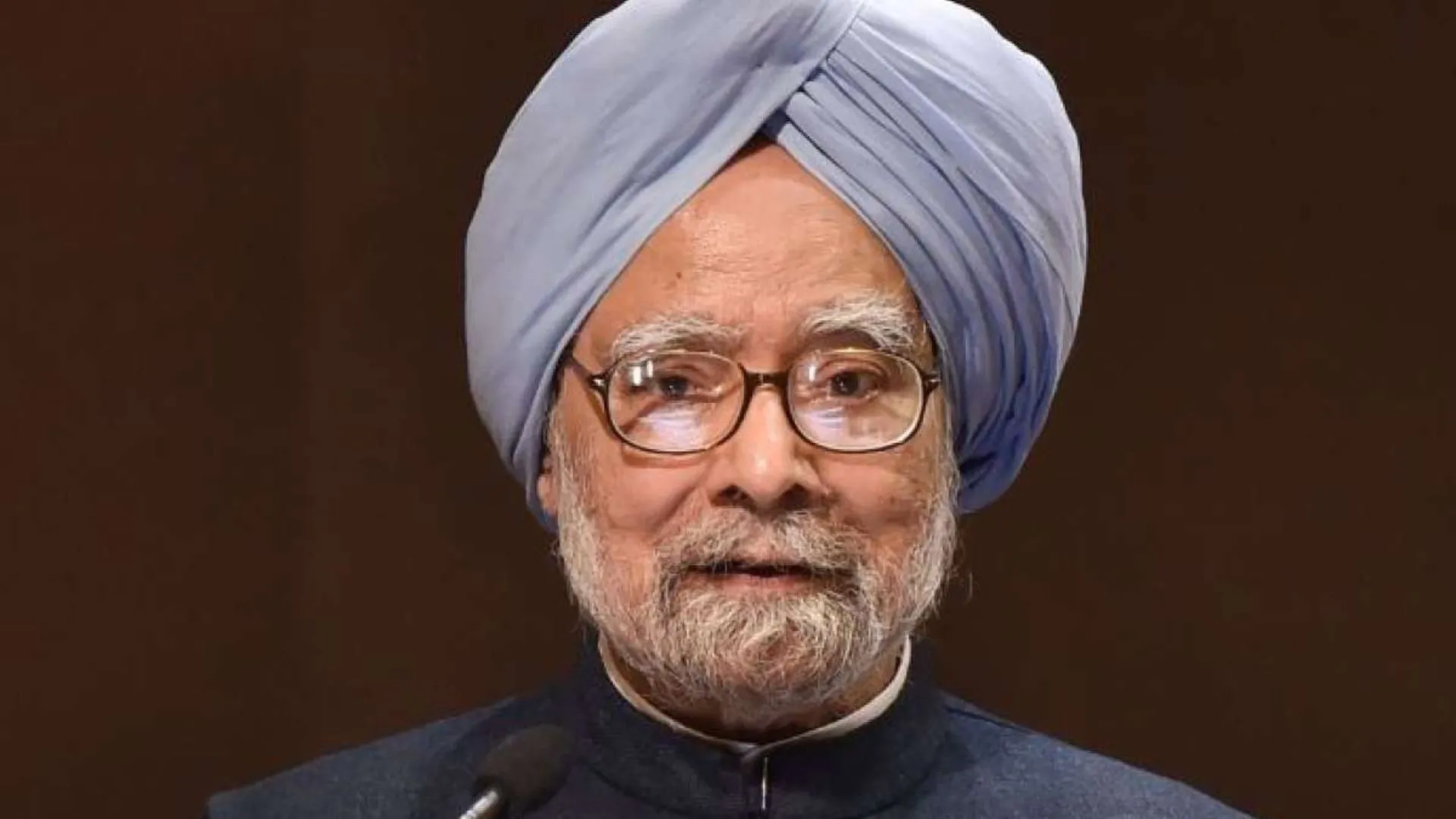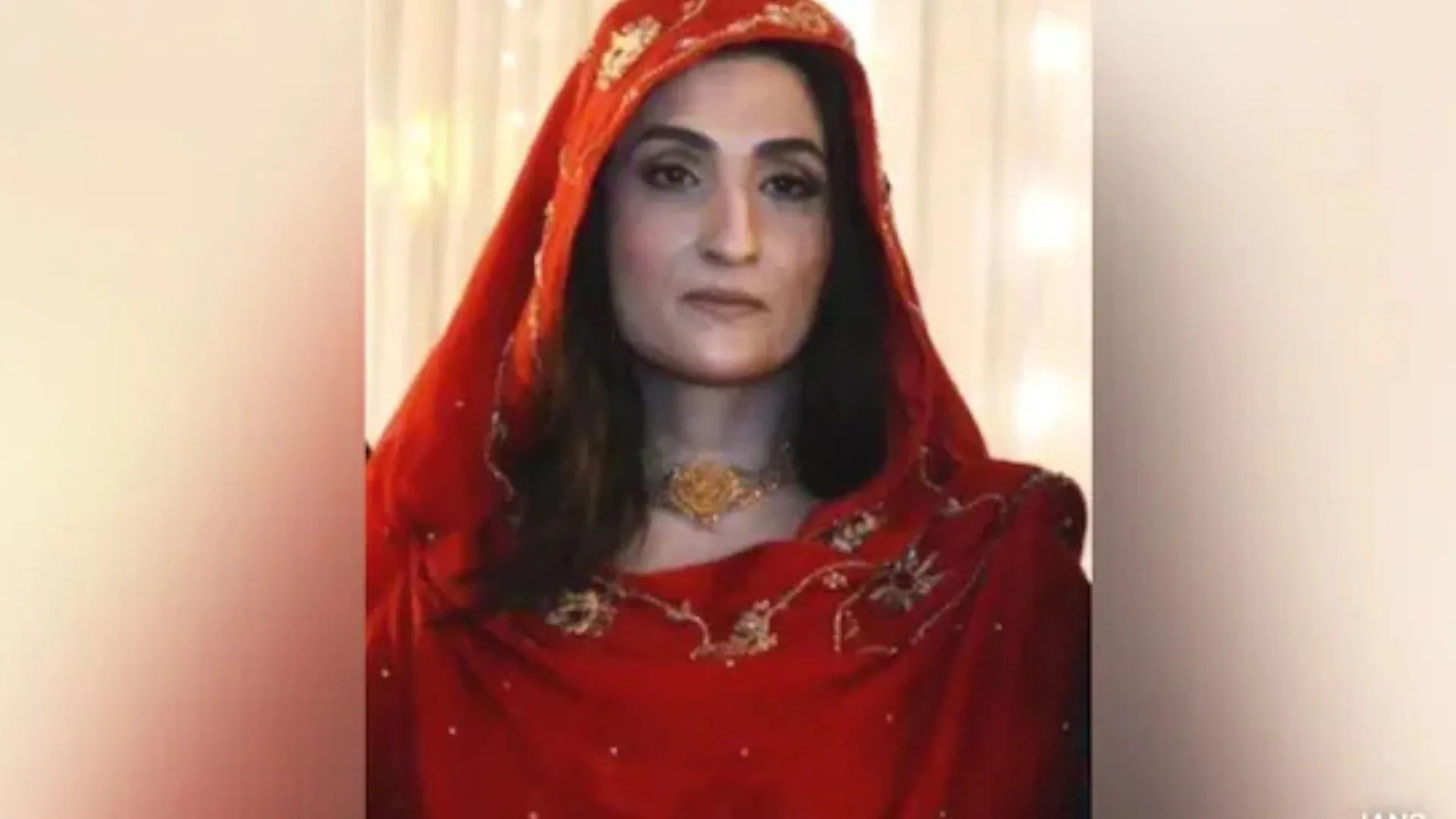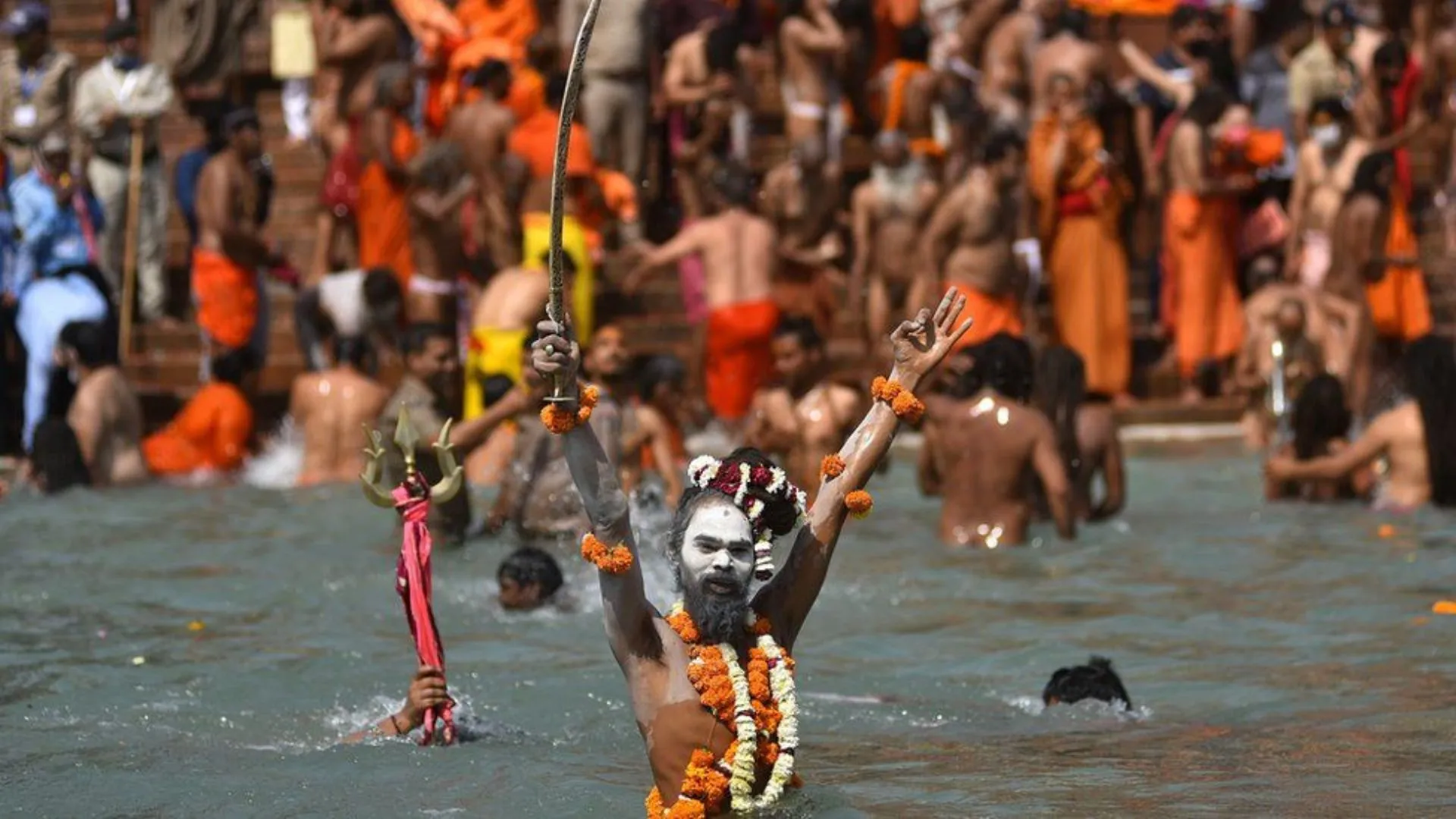The appointments of freshly retired judges and active politicians as Governors continue to stoke the old controversy. The speed with which many Governors have been appointed soon after demitting office, reminds us of the words of Hamlet in the eponymous play of William Shakespeare. Hamlet, the protagonist of the play and the Prince of Denmark, bewildered and shocked when his Queen Mother marries his uncle soon after the death of his father, soliloquies- ‘O God, a beast that wants discourse of reason/Would have mourned longer!—married with my uncle,..’ and called it ‘most wicked speed’. Late Arun Jaitley had once remarked in a similar context that ‘post-retirement benefit is an inducement for pre-retirement judgements’.
Despite recommendations of Sarkaria and Venkatachaliah Commissions, active party politicians have been appointed as Governors. There are instances of young party loyalists being appointed as Governors who were later sworn in as Ministers in the States. As a convention, ripened politicians who have withdrawn from electoral politics and are considered politically neutral, ought to be appointed as Governors. The Constituent Assembly debated a number of ways for the selection of a Governor. First method was election by adult suffrage, the second was election by the members of the Legislative Assembly, third was selection by the President out of a panel prepared by the Legislative Assembly. The aforesaid propositions were criticised on account of creation of a possible constitutional crisis, appeasement of the Legislative Assembly for election as Governor, and possible friction against the person selected from the panel if s/he was not the first option. After extensive deliberations and on balance of consideration, appointment of the Governor by the President was finally chosen.
A wide range of functions are assigned to the Governor. But, except where he is required to act in his discretion, the Governor acts on the aid and advice of the Council of Ministers which is accountable to the legislature. This view stands reinforced by the judgement of the Supreme Court in Shamsher Singh V. State of Punjab. (AIR 1974SC).
Unlike the President of India who is elected by an Electoral College comprising of the elected MPs and the MLAs and can be removed from office by way of an impeachment by the Parliament, the Governor is appointed for five years by the President but holds office during the pleasure of the President. He can be reappointed as Governor for another term if ‘the pleasure’ remains intact. In order to retain the pleasure, a Governor, if not a sterner stuff, is bound to succumb to the bidding of the Union. Examples abound of the Governors who acted as instrument of the Union Government in toppling the elected State Governments. As early as 1953, instead of inviting the leader of the UDF having 166 MLAa, the Governor of Madras State invited the single largest party, the Congress which had 152 seats, paving the way for appointment of C. Rajagopalachari as the CM. In 1953 again, the CM of the erstwhile State of Patiala and East Punjab States Union, PEPSU; in 1959 in Kerala; dismissal of the NTR government and Farooq Abdullah Govts. in 1984; Bommai Govt. in 1989, and subsequent dismissal of elected Govts. Bihar, Jkarkhand, UP. After the Bommai judgement of the Supreme Court, which acted as a sort of deterrent, new and ingenious measures have been devised to replace the State Govt where the majorities are thin or new legislative majorities could be forged against the popular mandate.
Taking a hindsight view of the role of Governors in the last seven decades and up, the institution of Governor has courted controversy right from 1951 in the imposition of the President’s rule; in the appointment of the Chief Ministers; in the matter of time limit for holding the floor test; unconscionable delay in convening the Assembly, etc. Being an appointee of the Union Government, and his continuance in office being contingent upon the pleasure of the Union, his recommendations were procured and made the base for imposition of President’s Rule. The grounds for such recommendations are ostensibly-inability of the parties in the State Legislature to stake the claim to form the Government for want of clear majority; defection from the ruling party reducing it to minority and the inability of the opposition to provide convincing claim of majority support in the Assembly; intra party politics; political instability due to defections and a welter of claims and counter claims by the political parties to form the Government; the inability of the State Government to uphold the Constitution; defeat of Government on the floor of the House; etc.
Many members of the Constituent Assembly in their brooding spirit foresaw the danger to the provincial autonomy. Dr H V Kamath, a member of the Constituent Assembly, had ominously cautioned- ‘I foresee the destruction of provincial autonomy, subversion of the provincial autonomy by the Union Government.’ He very presciently said, ‘the Constitution will be in danger not so much from those who are agitating in the streets as from those who are in power’. This view was supported by Prof. Shibban Lal Saxena and B. M. Gupte, hoping that ‘it may remain a dead letter and no occasion will arise for the exercise of these extraordinary powers.’ K. Santhanam and Pandit Thakur Das Bhargava also expressed concern over the possible misuse of these powers. After a debate of over 5 hours, Dr. Ambedkar, sharing the sentiments of the Members, expressed optimism that, ‘these articles will never be called into operation and that they would remain a dead letter.’
Though expected to remain ‘a dead letter’ the indiscreet invoking of Art 356 and the acts of omission and commission of many Governors have engendered controversies right from the year 1951. The Administrative Reforms Commission 1968 voiced their worry in the matter. Rajamannar Commission, 1971, recommended deletion of Article 356. The Sarkaria Commission, 1988, recommended its use sparingly, and made many recommendations of far reaching import about the appointment of Governor and to prevent the misuse of his office. Justice Venkatachaliah Commission, 2002, recommended that Article 356 should be used as a remedy of the last resort. L. K. Advani, the then Home Minister, said at the Inter State Council meeting on 28 August, 2003, that ‚There was general consensus on the constitutional recommendations of the Sarkaria Commission.‘ The Sarkaria Commission had recommended that the Governor should be eminent person in some walk of life and from outside the State. He should be a detached figure without intense political links, or should not have taken part in politics in the recent past. Besides, he should not be a member of the ruling party. He should be removed from office before his tenure only on the grounds as mentioned in the Constitution or if aspersions are cast on his morality, dignity, constitutional propriety, etc. He should be appointed after effective consultations.
The post of the Governor, a relic of the colonial era, often becomes a fifth wheel and a clog to democratic governance, when provincial autonomy is diluted or elected Govt is derailed. Federalism is an integral part of the basic structure of our Constitution and it is intertwined inextricably with the unity and integrity of the nation. It‘s therefore opportune that the recommendations of the Sarkaria Commission are developed into constitutional convention. Further, no retired public servant should be appointed as Governor before two years of demitting the office. A Governor should be debarred from contesting election. Moreover, PILs should be encouraged where a Governor does not execute his office faithfully or fails to preserve, protect and uphold the Constitution.
The author is a former Additioinal Secretary, Lok Sabha and a Delhi-based advocate.







